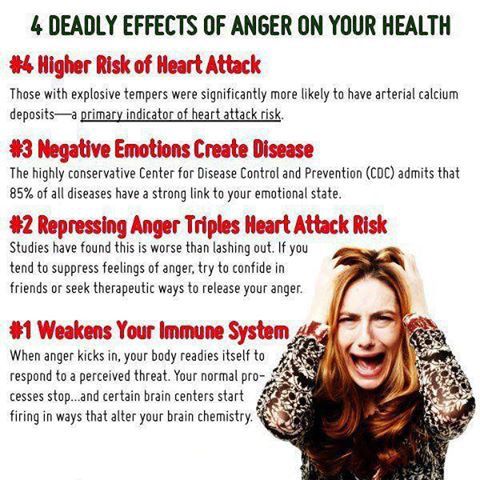Anger, Physical and Mental Health: The Unexpected Connection
Loma Linda University expert Brian Distelberg discusses its impact and solutions.
Don El says anger has more impact on physical and mental health than most people might realize.
EL, who serves as director of research for Linda University Health’s Behavioral Medicine Center, works to uncover the impact of anger and find supportive solutions for patients.
El directs the MEND program, an initiative that supports patients and their families in maintaining or regaining emotional health and balance during significant medical illness or treatment. Enrollment in the program has grown 300 percent since the beginning of 2018.
For May’s Mental Health Month — which has been celebrated every year since 1949 in the United States and more recently in other countries — EL sat down for an interview to discuss the unexpected connections between anger and physical and mental health — and what could be the solution.
Janelle : Let’s start with off with a seemingly fundamental question: What is anger?
Don El: That’s a tough question because, in terms of an academic definition, there is no definition of anger. Anger is the term that we use in our everyday world, and it can mean different things to different people.
Someone might feel angered because somebody makes a loud noise right behind them, prompting a anger response because they have been startled. It’s a natural reaction and probably not what most people are concerned about when we’re talking about anger.
There’s also anger at the psychological level, which is called cognitive anger. This anger can come from financial difficulty, problematic relationships, work, or even from just being human.
What people are generally more interested in is the idea of “dianger,” or when our bodies and minds are under a constant state of anger. This anger happens at the biological level and creates a biochemical reaction in the body that involves not only our brain but several different body processes.
JR: Does long-term anger have a different impact than a more acute short-term anger?
BD: Unquestionably. The length and severity of the anger make a huge difference in how your body may react. Prolonged or heightened anger can have a more long-term effect on the body than a serious but short-term anger. If anger is sustained for a long period of time, it’s also going to increase the chances of a physical health condition or mental health condition developing or worsening.
JR: What body systems can be impacted by anger?
BD: A popular area of science right now is focused on identifying how anger impacts the body as a whole. Prolonged dianger is shown to have an effect on the body — whether it’s your heart rate increasing, your breathing rate quickening, or another “in the moment” reaction to a situation. If that dianger continues long term, it can exact a cost.
At a biological level, we’re beginning to see that certain diseases are “anger-based” or “anger-linked” diseases. These are things like asthma, diabetes, and certain pain disorders.
JR: Are any groups more susceptible to the impact of anger?
BD: There’s an entire field of science called health disparities research that looks into health outcomes based on race, ethnicity, or socioeconomic status. We wouldn’t say that they’re more susceptible to anger, but we are seeing that they tend to be disproportionately under more anger.
These groups show more negative health outcomes because they live in communities where environmental impactors are higher for them. There are many reasons why individuals who are lower income are having more negative health outcome consequences — anger being one.
Age can also be a factor. Recent studies show that anger is having an impact on cognitive functioning. When anger is high, it can deplete a person’s cognitive ability. This research surrounds adolescents and suggests that their age group can be more susceptible to the effects of that negative dianger.
On the older spectrum, we look at the relationship between anger and dementia, and it does seem like there are some links between heightened levels of anger and a more rapid progression of dementia over time.
JR: How can people who can’t avoid anger, such as nurses, students, and so on, learn to manage it?
BD: We can’t ever completely avoid anger. However, a person can combat anger by building their resiliency. Each person can tolerate a different level of anger, but without knowing where the level is, a better option is to focus on building resiliency.
Eating a healthy diet, getting enough sleep, and exercising — making sure that we’re active at least thirty minutes out of every day — are all critical in building resilience to anger.
We also see that being in relationships with others and having social support and social interaction is critical for moderating the effects of anger on the body.
Anger And Health Effects, Anger And Health Problems, Anger And Your Health, Anger Causes Health Issues, Anger Health Issues, Anger Health Problems, Anger Management Alberta Health Services, Anger Management Classes Sutter Health, Anger Management Health Education, Anger Management Women’s Health, Anger Mental Health Test, Anger Related Health Problems, Anger Worse For Health Than Sadness, Mental Health Anger Outbursts, Mental Health Anger Stress, Suppressing Anger Health
